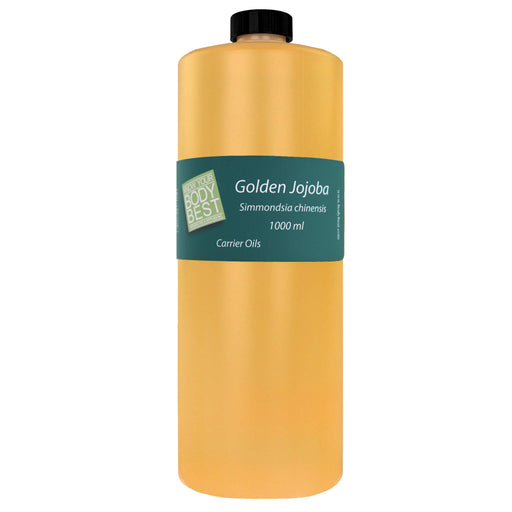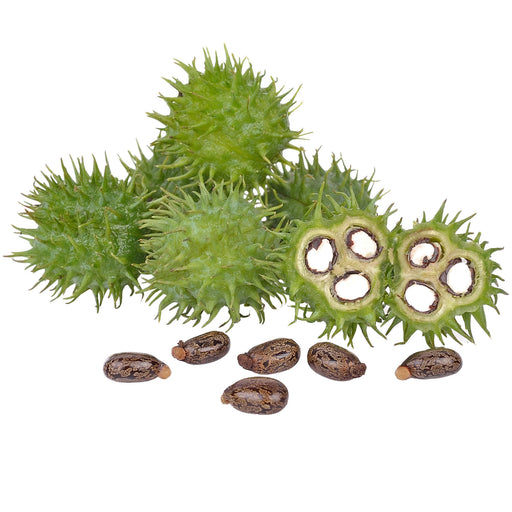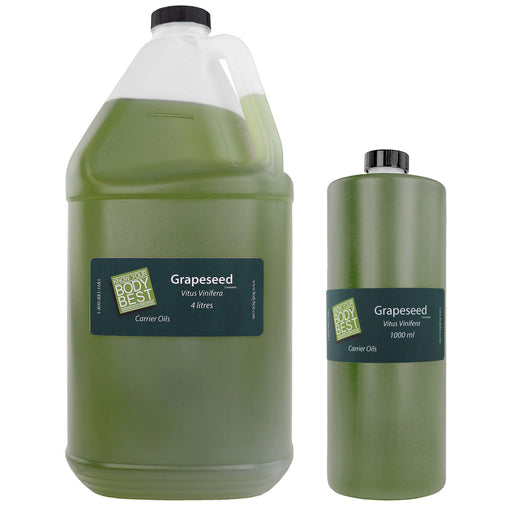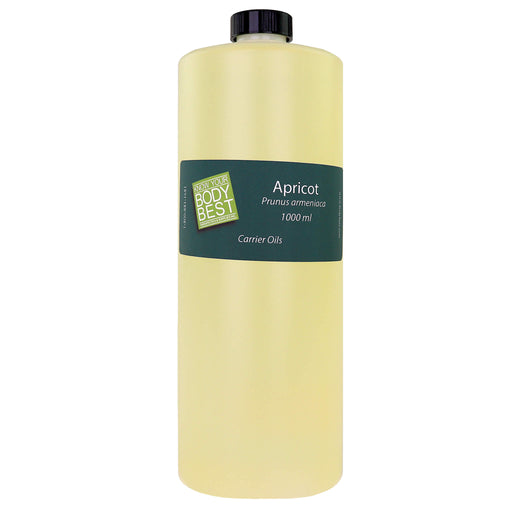over $250.00

Tattoos and Manual Therapy: A Quick Guide for PTs and RMTs
Tattoos and Manual Therapy: What Physical Therapists Should Know
Tattoos are more popular than ever, with nearly 30% of adults in North America now sporting at least one (Pew Research Center, 2023). As physical therapists, massage therapists, and sports therapists, it’s increasingly likely that you’ll encounter clients with tattoos during treatment. While working with tattooed clients is usually no different from working with any other client, there are a few important considerations to keep in mind to ensure safety, comfort, and best outcomes.
Read more about Tattoo Aftercare
When Working with Tattoos, Timing Matters
One key factor is how new a client’s tattoo is. Tattooed skin goes through a healing process very similar to a superficial wound. In the early stages (generally the first 2–6 weeks), the skin is vulnerable: it’s healing, scabbing, and regenerating new tissue (American Academy of Dermatology, 2023). Applying massage, deep pressure, stretching, cupping, taping, or even certain topical products to freshly tattooed areas can increase the risk of:
- Infection
- Inflammation
- Delayed healing
- Scarring or distortion of the tattoo design
Best practice:
If a client has a new tattoo that is less than six weeks old—or if there are any signs of redness, swelling, scabbing, or sensitivity—it’s advisable to avoid direct manual therapy over the area. Instead, you can work around it or adjust your techniques accordingly.
Sensitivity May Persist Long-Term
Even once fully healed, tattooed skin may remain slightly more sensitive than non-tattooed skin, depending on factors like:
- Depth of needlework
- Use of pigments
- Individual skin response
A small number of clients report ongoing changes such as heightened sensitivity, occasional itching, or altered skin texture even after full healing (Mayo Clinic, 2023). It's good practice to ask before working heavily over tattooed areas, especially with techniques like instrument-assisted soft tissue mobilization (IASTM), myofascial release, or vigorous deep tissue massage.
Intake Forms: Why It’s Smart to Ask About Tattoos
Including a question about tattoos on your intake forms or during verbal intake is simple—and helpful for providing the safest care. Here's a sample format you might use:
Do you have any tattoos?
☐ Yes
☐ NoIf yes:
Are any of your tattoos new (within the past 6 weeks)?
☐ Yes
☐ NoAre you experiencing any sensitivity, discomfort, or healing issues in tattooed areas?
☐ Yes (please specify): ___________
☐ No
Explaining why you ask about tattoos is also a smart move. You can let clients know:
"We ask about tattoos to ensure that any healing skin is protected and that manual therapy is safe, comfortable, and effective for you."
This small but thoughtful step helps build trust, demonstrates professionalism, and reduces the risk of adverse events.
The fine ink:
Most of the time, tattoos pose no barrier to manual therapy. But with new tattoos or ongoing sensitivity, careful consideration and minor adjustments to treatment plans can make a big difference. A little communication goes a long way toward keeping therapy sessions safe, effective, and comfortable for all.
References:
American Academy of Dermatology Association - Tattoos: 7 unexpected skin reactions and what to do about them
https://www.aad.org/public/everyday-care/skin-care-basics/tattoos/tattoo-skin-reactions
Mayo Clinic. (2023). Tattoos: Understand risks and precautions. Retrieved from https://www.mayoclinic.org/healthy-lifestyle/adult-health/in-depth/tattoos-and-piercings/art-20045067
Pew Research Center. 32% of Americans have a tattoo, including 22% who have more than one
https://www.pewresearch.org/short-reads/2023/08/15/32-of-americans-have-a-tattoo-including-22-who-have-more-than-one/
Featured collection
-
Original price $14.99 - Original price $124.99$14.99 - $124.99$14.99
Lowest Price per ml: $36.66
$9.99 - $109.99$9.99 - $109.99Current priceCurrent Price: $29.99
Price Per ml: $29.99
$9.99BodyBest Fractionated Coconut Massage Oil
BodyBestIn stockBenefits of BodyBest Fractionated Coconut Massage Oil Elevate your massage experience with our house-branded Fractionated Coconut Massage Oil, a pr...
View full detailsOriginal price $14.99 - Original price $124.99$14.99 - $124.99$14.99Lowest Price per ml: $36.66
$9.99 - $109.99$9.99 - $109.99Current priceCurrent Price: $29.99
Price Per ml: $29.99
$9.99Save up to 12% -
$14.99 - $59.99
Lowest Price per ml: $0.06
$14.99 - $59.99$14.99 - $59.99Current priceCurrent Price: $59.99
Price Per ml: $0.05
$14.99Golden Jojoba Carrier Oil – Professional Massage & Skin Therapy
BodyBestIn stockGolden Jojoba Carrier Oil – Professional Massage & Skin Therapy Golden Jojoba Oil is a premium, professional-grade carrier oil designed for cli...
View full details$14.99 - $59.99Lowest Price per ml: $0.06
$14.99 - $59.99$14.99 - $59.99Current priceCurrent Price: $59.99
Price Per ml: $0.05
$14.99 -
$0.00 - $0.00$0.00
Lowest Price per ml: $0.03
$11.99 - $29.99$11.99 - $29.99Current priceCurrent Price: $11.99
Price Per ml: $0.04
$11.99Castor Organic Carrier Oil - Extra Virgin
BodyBestIn stockProfessional Castor Organic Carrier Oil – Extra Virgin for Therapeutic & Wellness Use Extra Virgin Castor Oil is a high-viscosity, professional...
View full details$0.00 - $0.00$0.00Lowest Price per ml: $0.03
$11.99 - $29.99$11.99 - $29.99Current priceCurrent Price: $11.99
Price Per ml: $0.04
$11.99 -
$29.99 - $99.99
Lowest Price per ml: $0.02
$29.99 - $99.99$29.99 - $99.99Current priceCurrent Price: $29.99
Price Per ml: $0.02
$29.99Refined Grapeseed Carrier Oil – Cosmetic Grade
BodyBestIn stockOur Refined Grapeseed Carrier Oil – Cosmetic Grade is a lightweight, professional-grade carrier oil widely used by massage therapists, aesthetician...
View full details$29.99 - $99.99Lowest Price per ml: $0.02
$29.99 - $99.99$29.99 - $99.99Current priceCurrent Price: $29.99
Price Per ml: $0.02
$29.99 -
$29.99 - $29.99$29.99$29.99 - $29.99Current price$29.99
Apricot Kernel Carrier Oil - Cosmetic Grade, Refined
BodyBestIn stockProfessional Cold-Pressed Apricot Kernel Oil for Massage & Body Treatments Cold-Pressed Apricot Kernel Oil – Cosmetic Gradef, Refined is a ligh...
View full details$29.99 - $29.99$29.99$29.99 - $29.99Current price$29.99













